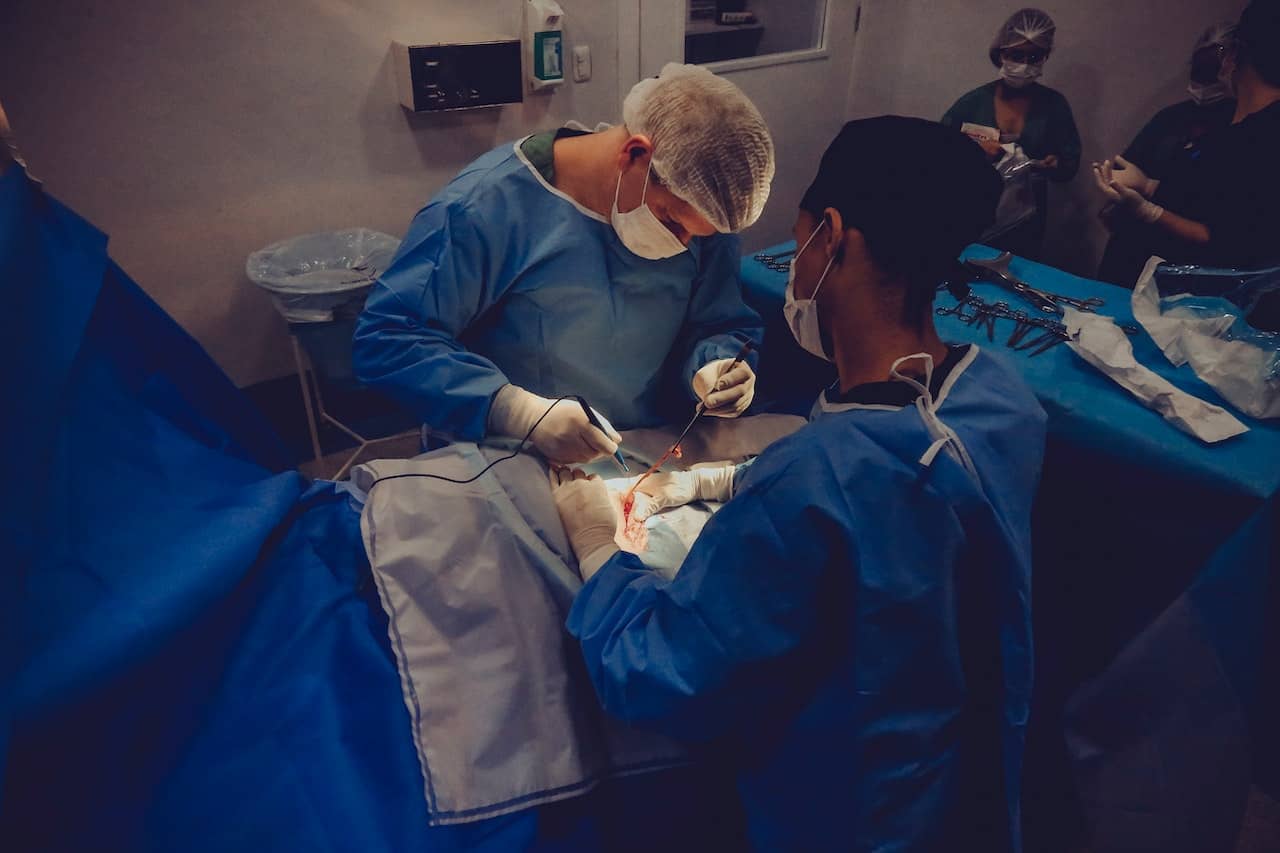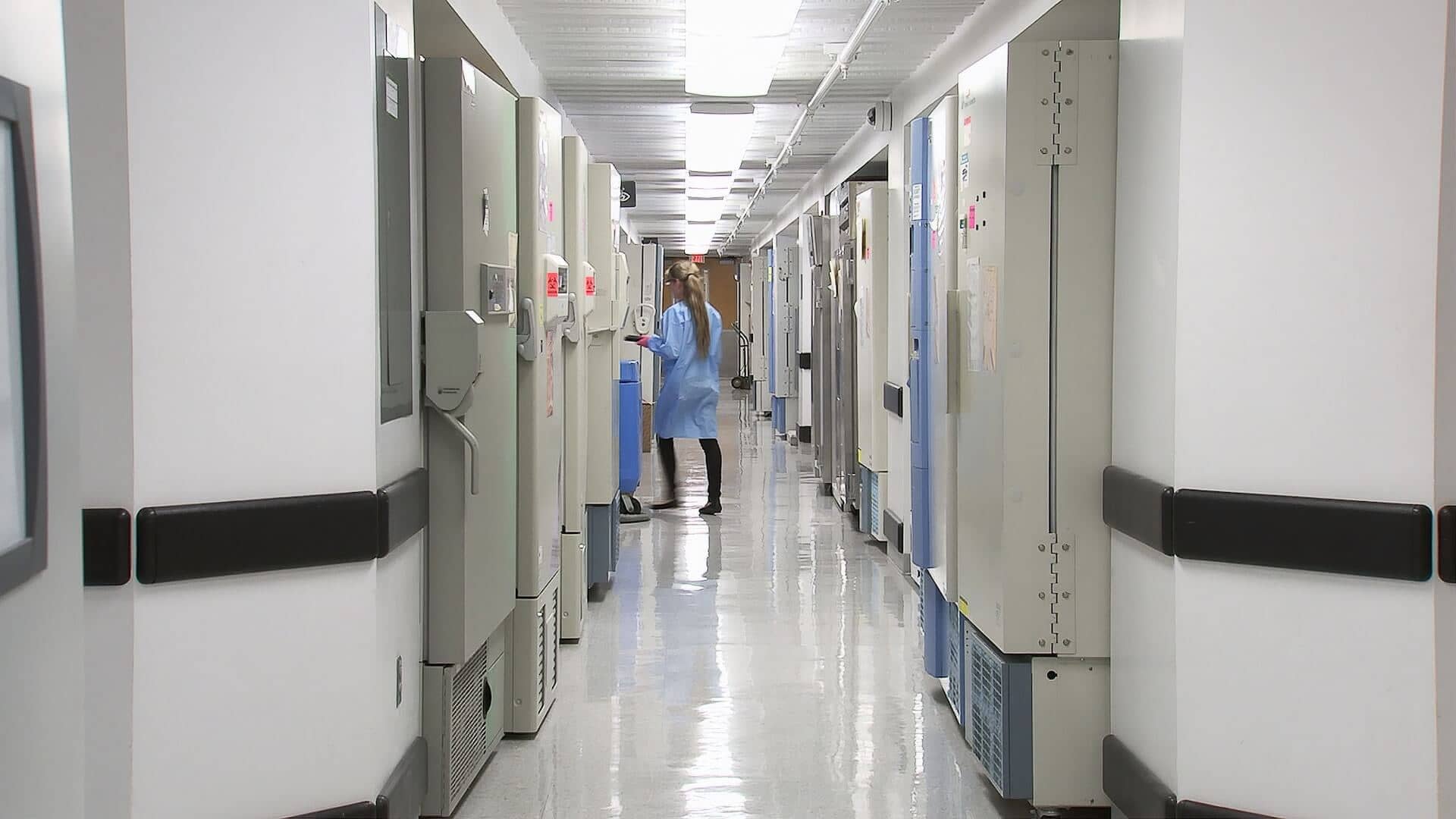In the complex world of healthcare, patients place an immense amount of trust in the hands of medical professionals. Unfortunately, the occurrence of clinical negligence shatters this trust, leaving patients grappling not only with physical repercussions but also with profound emotional scars. This comprehensive analysis aims to delve into the emotional impact of clinical negligence on patients, exploring the consequences and shedding light on coping mechanisms.
Consequences of Clinical Negligence
Clinical negligence, often referred to as medical malpractice, occurs when a healthcare professional fails to provide a standard level of care, resulting in harm to the patient. The consequences of such negligence are far-reaching, extending beyond the immediate physical harm caused.
Patients who have experienced clinical negligence often find themselves navigating a complex web of emotions. The betrayal of trust, coupled with the realisation that those entrusted with their well-being have failed them, leads to a profound sense of disbelief and anger. The emotional rollercoaster that ensues can be just as challenging, if not more so, than dealing with the physical aftermath of negligence.
Shock and Disbelief
The initial revelation of clinical negligence is met with shock and disbelief. Patients, who have placed their lives in the hands of medical professionals, struggle to comprehend how something has gone wrong. The trust that once formed the bedrock of the patient-doctor relationship is shattered, leaving individuals questioning the very foundation of their healthcare experiences.
Anger and Betrayal
As the shock subsides, anger and a deep sense of betrayal emerge. Patients feel let down not only by the system but by the individuals they believed were dedicated to their well-being. This emotional turbulence is compounded by the realisation that their suffering is a direct result of someone’s negligence – a betrayal that cuts to the core of their trust in the medical profession.
Anxiety and Depression
The aftermath of clinical negligence often leaves patients grappling with anxiety and depression. The uncertainty surrounding their health and the lingering fear of future medical encounters cast a long shadow over their emotional well-being. The once-confident and trusting patient becomes hesitant, second-guessing every medical decision and recommendation.
Coping with the Emotional Impact of Medical Negligence
Acknowledging and addressing the emotional fallout of clinical negligence is crucial for patients on the path to recovery. While the road may be challenging, there are effective coping mechanisms that can help individuals navigate the complex emotional terrain.
Seek Emotional Support
One of the first and most important steps in coping with the emotional impact of clinical negligence is seeking emotional support. This can come from friends, family, or even support groups that specialise in helping individuals who have experienced medical malpractice. Sharing the burden of emotions with others who have walked a similar path can be immensely therapeutic.
Consult Mental Health Professionals
The emotional toll of clinical negligence often warrants professional intervention. Mental health professionals, such as psychologists or counsellors, can provide a safe space for patients to express their feelings, process their trauma, and develop coping strategies. Therapy can be a vital tool in rebuilding emotional resilience and navigating the journey towards healing.
Educate Yourself
Understanding the intricacies of clinical negligence and its consequences can empower patients to regain a sense of control. Educating oneself about the specific circumstances of the negligence, the legal implications, and the medical aspects involved can demystify the experience. Knowledge, in this context, is not only power but also a source of emotional strength.
Legal Support
Many patients find solace and a sense of justice by seeking legal support. Pursuing a medical negligence claim can not only provide financial compensation for the physical harm caused but also a sense of closure and accountability. Knowing that the responsible parties are held liable can contribute significantly to the emotional healing process.
Making a Clinical Negligence Claim with National Claims
At National Claims, we understand the emotional toll of clinical negligence. Our team is committed to guiding you through the process of making a claim with compassion and expertise. We recognise the importance of not only seeking justice for the physical harm caused but also acknowledging the emotional trauma you’ve endured. With National Claims, you’re not just a case number – you’re a person deserving of empathy and understanding.

Conclusion
The emotional impact of clinical negligence is a profound and often overlooked aspect of the healthcare journey. Beyond physical scars, emotional trauma can linger, affecting lives long after the incident. Recognizing these consequences and implementing effective coping mechanisms are essential steps in helping patients rebuild their lives. As we navigate healthcare, let’s remember that the emotional well-being of patients is as crucial as their physical health. National Claims stands as a supportive ally, dedicated to assisting you on your journey towards justice and emotional healing.
Start your claim today with the help of one of our claims specialists. Contact us now!
Click below to see why we are one of the most trusted claims management companies in the UK.

We’re proud of our excellent customer reviews
We thrive on delivering exceptional service and ensuring our clients’ satisfaction. Don’t just take our word for it. Check out some of our independent reviews to see what our clients have to say.
Excellent

This firm is excellent, they sorted out my car pay out and injury claim very fast, they always communicate with you all the time.

My accident case was dealt with confidence and with great result of the outcome, especially James kept me informed all the time.

I was very impressed at the way my inquiry was treated. I was listened to attentively and everything I needed to know was explained to me.






